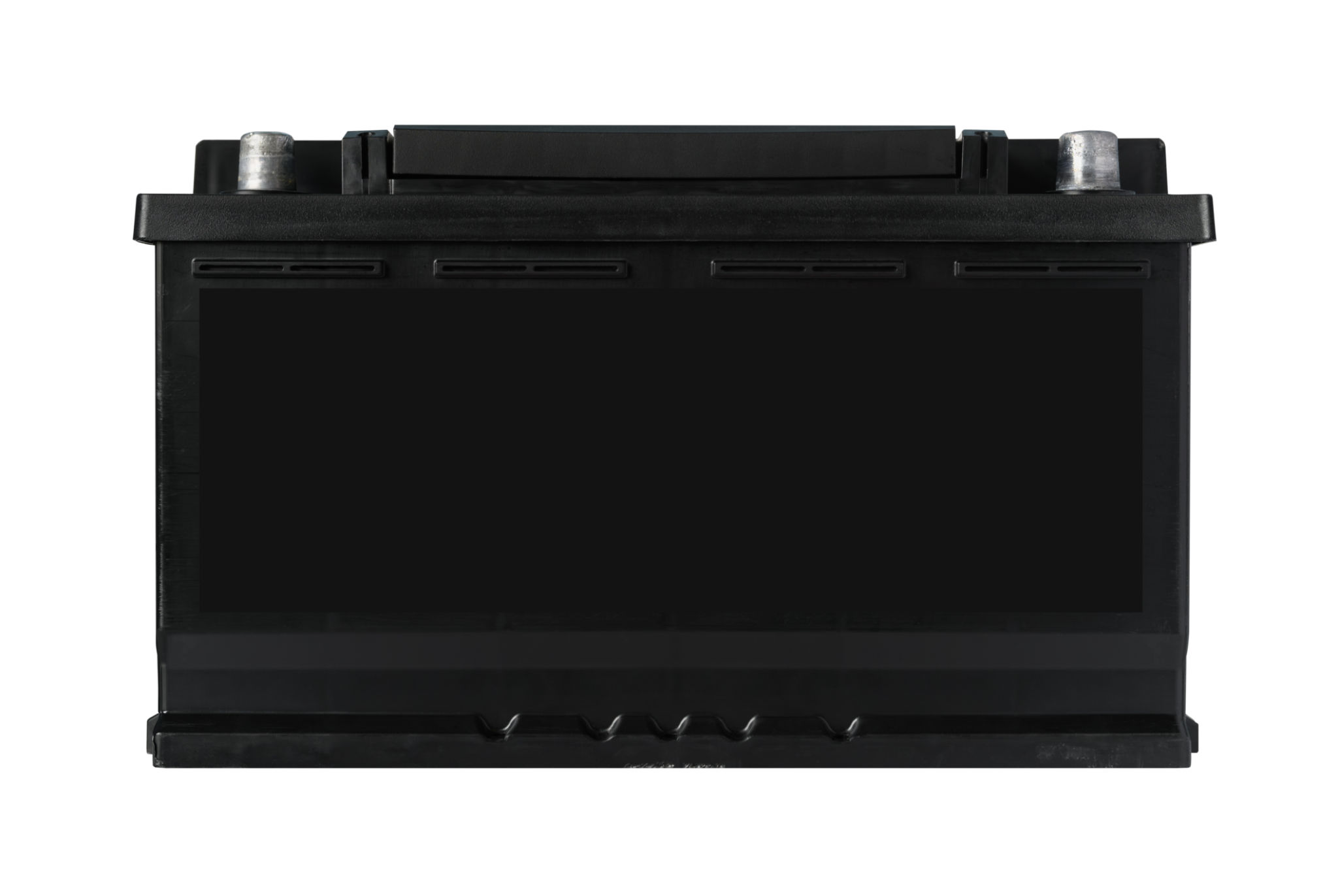Top 5 Misunderstood Dashboard Warning Lights and What They Really Mean
Understanding Dashboard Warning Lights
Dashboard warning lights are vital indicators that help drivers maintain their vehicles and ensure safety on the road. However, some of these lights are often misunderstood, leading to confusion and sometimes even panic. Knowing what each light means can save you from unnecessary stress and costly repairs.
In this post, we'll explore the top five misunderstood dashboard warning lights and clarify what they really signify.

Check Engine Light
The check engine light is one of the most dreaded warning signals for drivers. When this light illuminates, it can indicate a range of issues from minor to severe. Common causes include a loose gas cap, faulty oxygen sensor, or catalytic converter problems. While it might be tempting to ignore this light, it's essential to diagnose the issue promptly to prevent further damage.
Oil Pressure Warning Light
The oil pressure warning light often causes confusion among drivers. This light indicates that the oil pressure in your engine is low, which can lead to significant engine damage if ignored. Immediate action is required when this light appears. Check your oil level and add oil if necessary, but if the light remains on, it's crucial to have your vehicle inspected by a professional.

Brake System Warning Light
The brake system warning light can be alarming. It typically signifies a problem with the braking system, such as low brake fluid or worn-out brake pads. Ignoring this warning can compromise your vehicle's ability to stop efficiently. Always address brake issues immediately to ensure your safety on the road.
Battery Charge Warning Light
This light indicates that your vehicle's battery is not charging correctly. Common causes include a faulty alternator, loose battery cable, or a damaged serpentine belt. If this light comes on while driving, it's essential to address the issue quickly to avoid a complete battery drain, which could leave you stranded.

ABS Warning Light
The Anti-lock Braking System (ABS) warning light can be confusing for many drivers. When illuminated, it indicates a problem with the ABS, which helps prevent wheel lockup during hard braking. While your regular brakes will still function, the ABS may not work correctly. It's advisable to have your ABS checked by a technician to ensure full braking capability.
Understanding these dashboard warning lights can give you peace of mind and help maintain your vehicle's longevity. By knowing what each light means, you can take appropriate action and avoid potential roadside emergencies.
Regular vehicle maintenance and timely responses to dashboard warnings are key to safe and efficient driving. Stay informed and drive with confidence!
